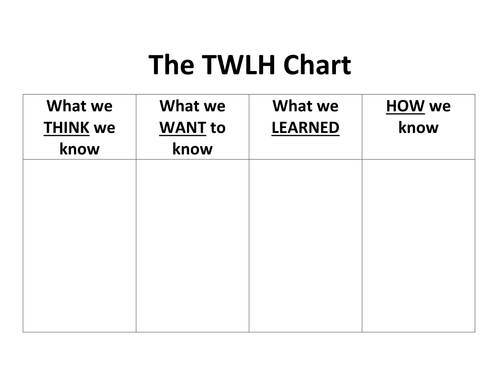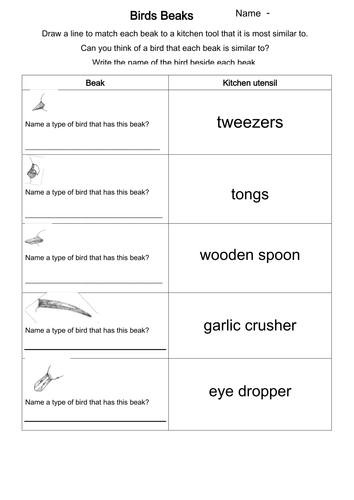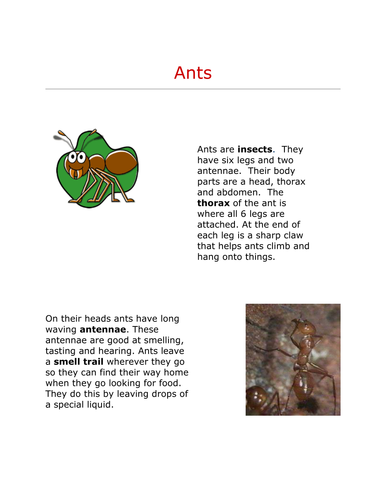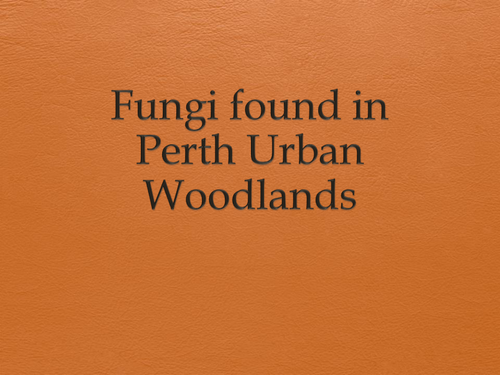Crickcrick's Shop
I am a Primary Science teacher in Perth Australia. I enjoy developing resources for my students that encourage hands on inquiry and investigation. I would like to see my students develop a life long passion for Science and to become active advocates at conserving and protecting the Earth's precious resources.







